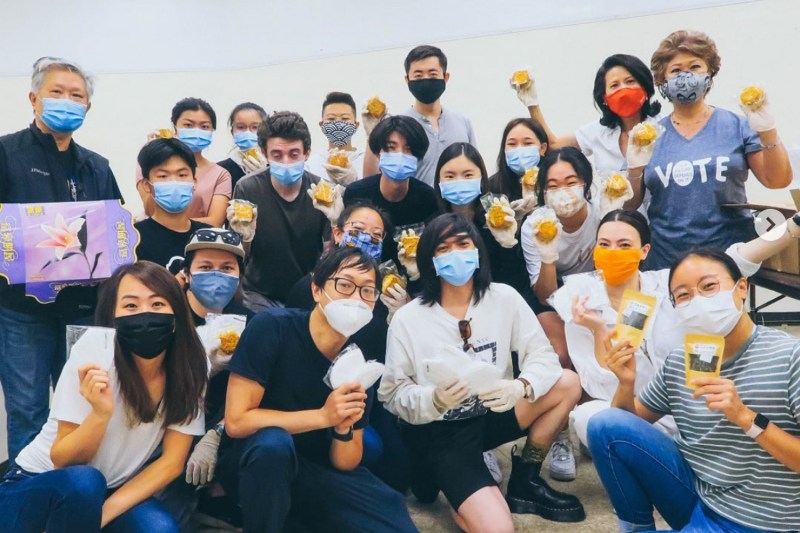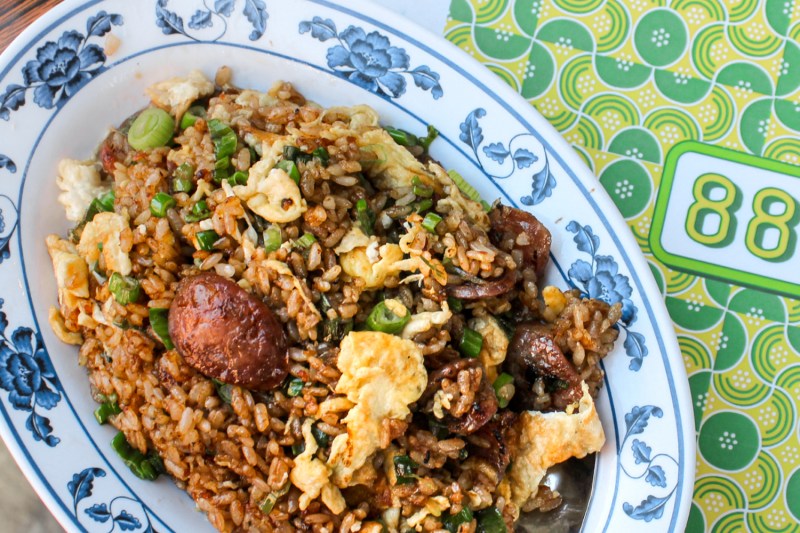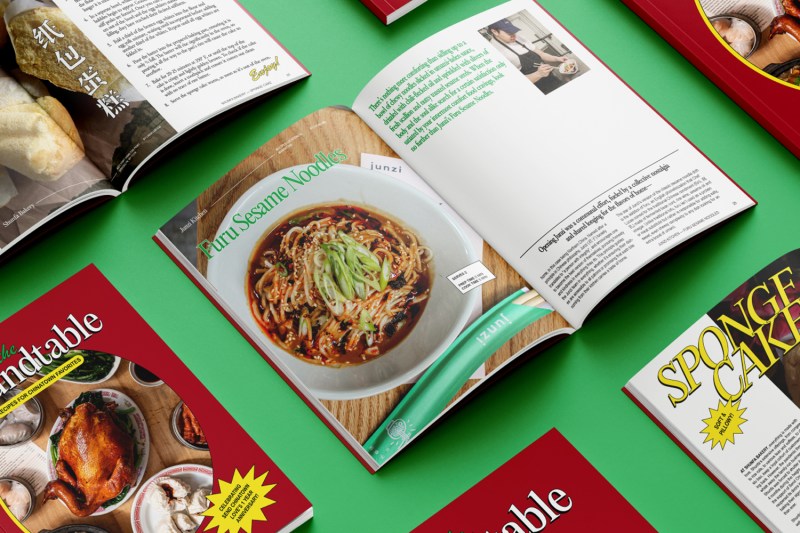
The economic effects of the pandemic have devastated countless neighborhoods in America. But for neighborhoods like Manhattan Chinatown, the pandemic had affected them months before the mainstream shutdowns. Chinatown businesses saw a drastic downturn in business even before the citywide quarantine, the result of xenophobia and rhetoric like “kung flu” and “China virus.” Because of these issues, many new organizations have sprouted in the past year to face these challenges. Send Chinatown Love is one such organization.
Related Guides
- Celebrity Chef Ming Tsai Is Fighting Asian Hate Crimes
- 21 Asian-American Businesses to Support
- The Guide To Chinese Cuisine
The challenges facing New York City‘s Chinatown are immense. Many Chinatown businesses are small, family-run shops often operating on a cash-only system. Most of these businesses also don’t have websites or social media. This, combined with a rise in Asian hate crimes, a lack of rent relief and other government assistance, has resulted in Chinatown being uniquely vulnerable to the effects of the pandemic. Send Chinatown Love hopes to address these unique issues.
How It All Started

Started by Justin McKibben in late March 2020, Send Chinatown Love’s mission is to provide these Chinatown businesses with a digital platform. The goal is to be a bridge for the Chinatown community since many Chinatown businesses face language and cultural obstacles that obstruct mainstream awareness. To tackle this lack of digital presence, Send Chinatown Love built websites, established a social media presence, and provided support for government loan applications. This digital presence is critical for survival according to Tiffanie Qian, part of the marketing team of Send Chinatown Love.
“The mission is to give more visibility to a lot of these mom and pop shops that don’t necessarily have an Instagram following, a social media presence,” said Qian. “They don’t get written up by Eater. They aren’t what you think of when you think of Chinese food in New York. But at the same time, they’re really the backbone of these communities.”
More than a year later, the nonprofit has grown to more than 30 full-time volunteers and is now also running a series of ambitious and innovative programs. One of Send Chinatown Love’s largest current projects is the Gift-a-Meal campaign. It’s a donation fund that goes directly to Chinatown restaurants.
These eateries then use the money to cook meals for organizations like the Bowery Mission or the YMCA who distributes the food to underprivileged and food insecure communities. For many in the Chinatown community, this program has been a critical lifeline. Most government food assistance meals featured unfamiliar American food not culturally accessible for many Chinatown residents (primarily the elderly).
The Role of Culinary in Promoting Cultural Preservation and Digital Visibility

There’s another profoundly important aspect of Send Chinatown Love’s mission — to represent, preserve, and showcase the unique culture and cuisine of Chinatown. New York City has three large and separate Chinese neighborhoods: Manhattan Chinatown, Brooklyn Chinatown in Sunset Park, and Flushing, Queens. Out of these three areas, Manhattan Chinatown is the oldest and is filled with the most multi-generational small businesses.
Unlike Brooklyn Chinatown and Flushing, Manhattan Chinatown is also particularly dependent on tourism. With the lack of tourism due to the pandemic, many historic businesses in Chinatown have shut down or are on the verge of disappearing. To accomplish this mission of cultural preservation and visibility, Send Chinatown Love has teamed up with online Asian grocery delivery company Umamicart on a digital cookbook called Around the Roundtable: Recipes for Chinatown Favorites. Umamicart, founded in March 2021 by Andrea Xu, specializes in delivering specialty Asian groceries.
To support Around the Roundtable’s launch, Umamicart is offering two limited-edition grocery collections with a portion of proceeds donated to Send Chinatown Love. The featured collections, from the restaurants 886 and Wing Hing Seafood, are available for next-day delivery in New York and select mid-Atlantic states (CT, DC, DE, MD, NJ, PA, VA). A love letter to the diversity and culture of Chinatown, the cookbook features over 15 restaurants and recipes, including 46 Mott St., Bodhi Kosher Vegetarian Restaurant and Grand Tea & Imports.
“This is an homage to New York City Chinatown, their merchants, their stories, their resilience,” said Qian. “They were all super inspiring to all of us. And one thing we really wanted to do was to document these Asian dishes especially since the way that many Asian chefs cook — they don’t measure anything. It was really interesting and fun to go back and forth with several of these merchants. A lot of them had their kids document for them.”
This interaction and connection between the generations are important. “Cooking something you love eating but not knowing exactly what goes into it, that’s a point that I related to a lot,” said Xu of Umamicart. “Based on all the stuff I ate at home, I’m very picky about the specific flavor of certain dishes that my parents made. But sometimes I honestly don’t know what goes into it.”
For many new Asian American organizations and businesses like Send Chinatown Love and Umamicart, they have the digital and American cultural fluency to navigate modern technology and America but not the same depth of Chinese cultural knowledge as the older generation. Strengthening the connection between the two generations gives the older generation more mainstream visibility while also helping the younger generation preserve the culture.
So what is the future of Chinatown? Will the neighborhood ever go back to normal? In many ways, going back to the old ways is no longer viable. COVID simply exacerbated the issues that have always been there: Lack of access to resources and a lack of community effort to help in a culturally sensitive way.
“We have more insights into how we could help,” said Qian. “I think honestly that is going to be the new normal. How the new generation can help these older businesses survive by just understanding what problems they face.”



